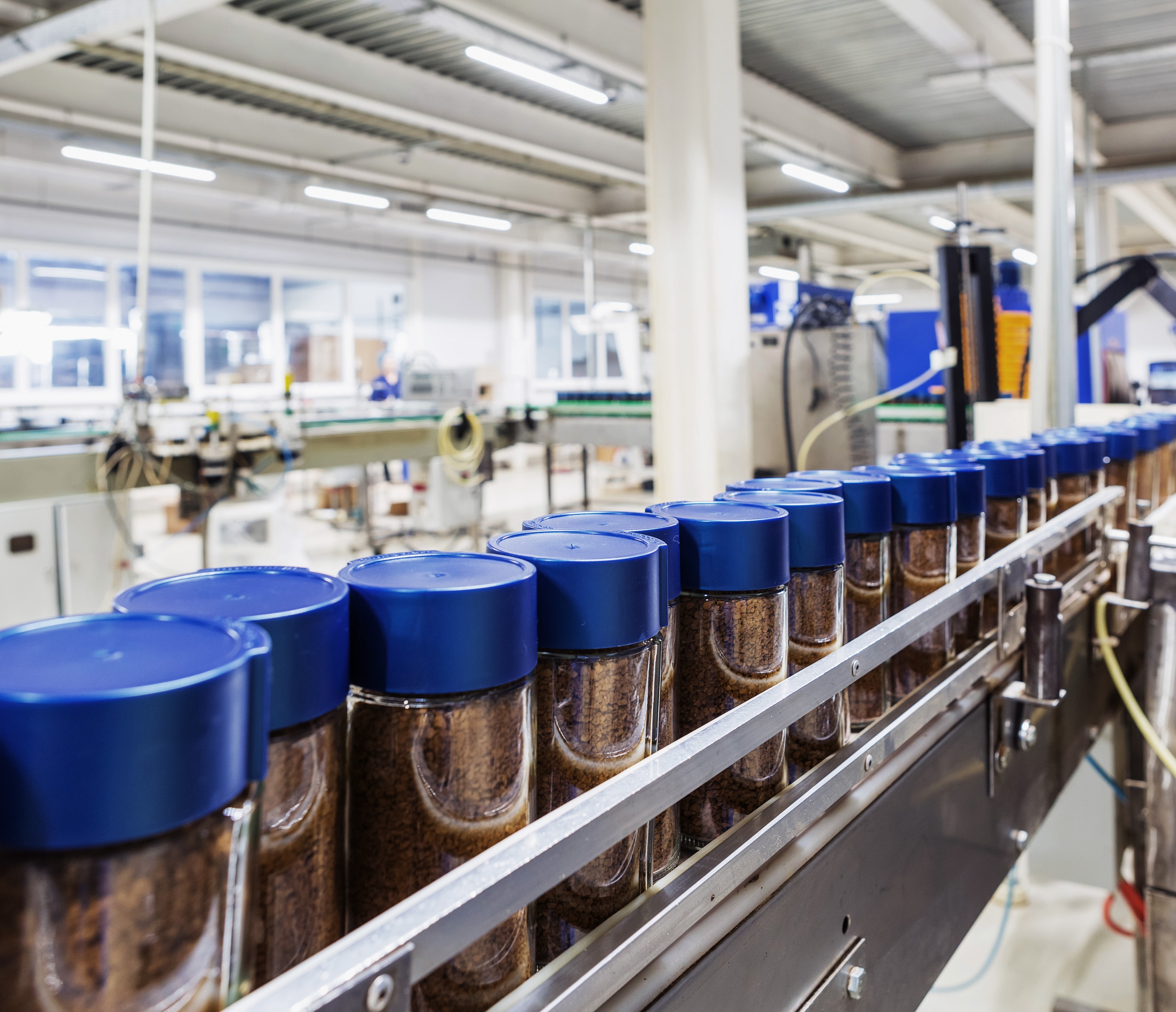As the world’s largest coffee producer for more than a century, events in Brazil have a strong influence on world coffee prices. For the first half of the twentieth century, coffee was Brazil’s most important export, reflected in government fiscal policies that aimed to protect coffee exports (Silber 2018).
From 1962 onwards, the International Coffee Agreement set export quotas for Brazilian producers based on previous years’ production, in order to control the price of coffee. The stable margins this created for producers meant there was little incentive to improve quality, so Brazil developed a reputation for producing poor quality coffee (Chaddad et al 2009). In the following years the Brazilian economy diversified, and coffee became less important than other commodities including soybeans, iron ore, and petroleum.
The value of Brazil coffee exports in 2021 totalled more than US$6 billion. Green arabica exports alone earned US$5.3 billion, with soluble (instant) coffee and green canephora making up most of the remainder (Cecafé 2022). Brazil is the world’s leading producer of instant coffee, but exports to Europe and other countries have been hampered by ‘discriminatory tariffs’ — import tariffs that are applied at different rates to different countries. These tariffs promoted the growth of instant coffee producers in other countries in Europe and Asia (Nishijima and Saes 2010).
 A manufacturing plant for soluble coffee. Brazil is the world’s largest producer of soluble (‘instant’) coffee, but the market is dominated by international brands.
A manufacturing plant for soluble coffee. Brazil is the world’s largest producer of soluble (‘instant’) coffee, but the market is dominated by international brands.
While the prices for Brazilian coffee are generally lower than coffee from other countries, Brazilian farmers typically take home a higher proportion of the ‘Free on Board’ (FOB) price than producers in other countries. For example, a Brazilian producer earns on average 89% of the FOB price for naturally processed arabica, while for a Grade 1 Ethiopian natural coffee, the producers only receive 46% of the FOB price (International Trade Centre 2021).